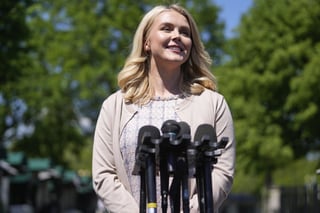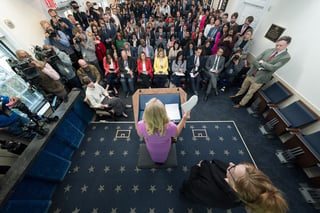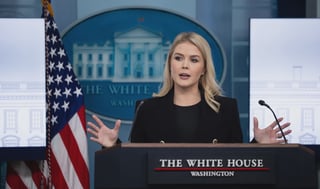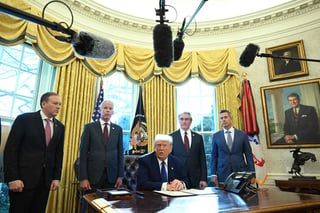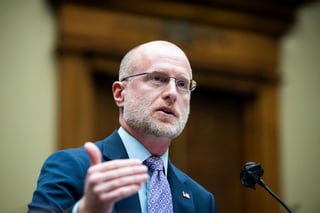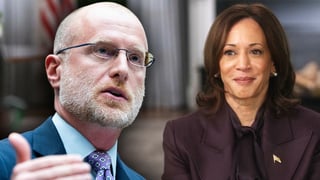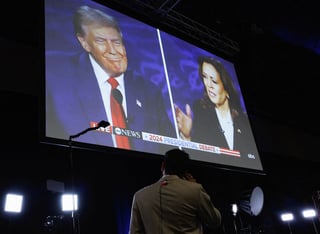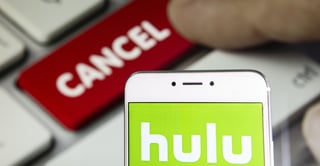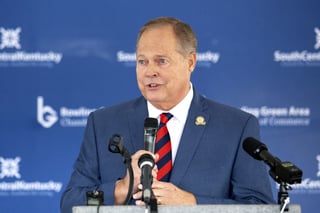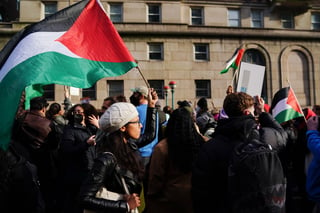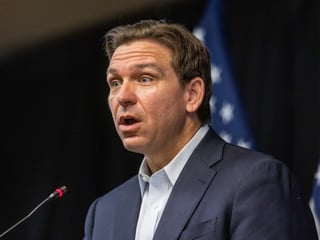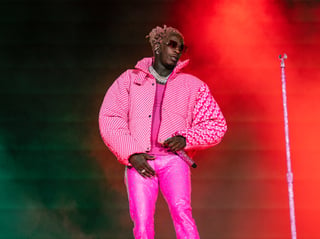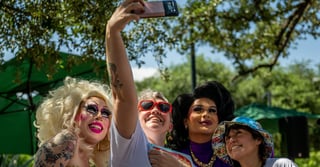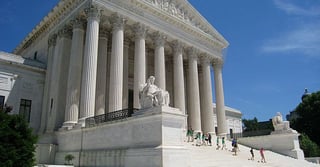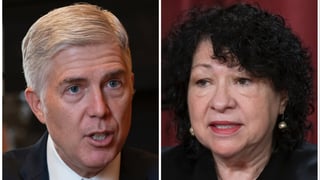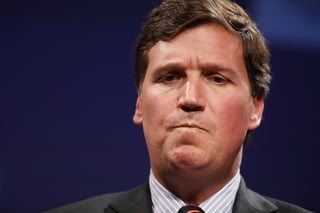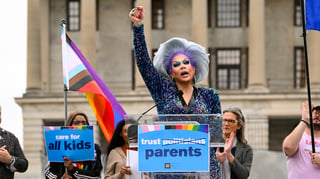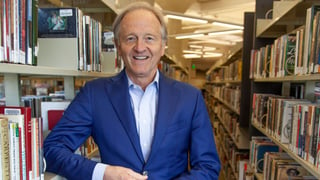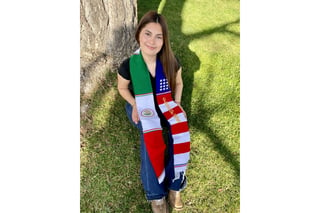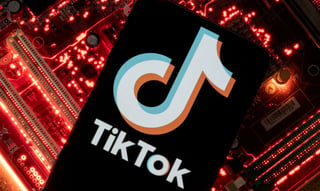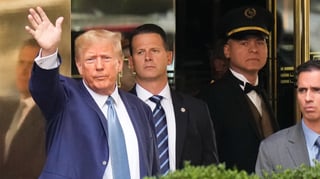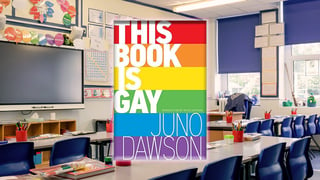Media Law Press Rights Media Rights Drag Shows Gag Orders Political Speech Content Moderation TikTok Ban Government Accountability Constitutional Rights Limitations Social Media Platforms Defamation Restrictions Prior Restraint Government Regulations Censorship Legal Cases Book Bans Violation Libel Laws Compelled Speech Public Accommodations Law Colorado Design Company Graphic Artist Expression of Conscience Conscience Rights Discrimination Expression Website Design Artistic Expression Web Designers Religious Beliefs Antidiscrimination Laws Religious Liberties Protected Decision Landmark Decision Legal Accountability Government Restrictions Media Regulation Citizens Legal Rights Government Retaliation Legal Rights of Journalists Legal Actions Litigation Legal Battles Government Viewpoint False or Dishonest Speech Limits on Speech Election Integrity Concerns Limits on Free Speech Generalized Political Speech Trial Restrictions Nondisclosure Agreements Government Regulation Defendant's Right to Speak about the Case Freedom of the Press Core Rights Donald Trump Gag Order Exceptions First Amendment Problem Criminalization of Speech Criminal Prosecution Restrictions on Live Performances Obscenity Laws Lawsuits University Speech Policies Federal Election Interference Case Restrictions on Political Speech Private Companies Conversion Therapy Bans Conversion Therapy Display House Decorum Rules Disorderly Behavior Constitution Termination University Policies Libel Court of Appeals Punishing Speech Dominion Voting Systems vs. Fox Legislation Editorial Choices Social Media Government Entities Religious Speech Online Threats Political Viewpoints Governmental Retaliation Private Social Media Companies Criminal Cases Protest Rights Coercion Judicial Decisions Judicial Orders Fear of Retribution Silencing State Bans
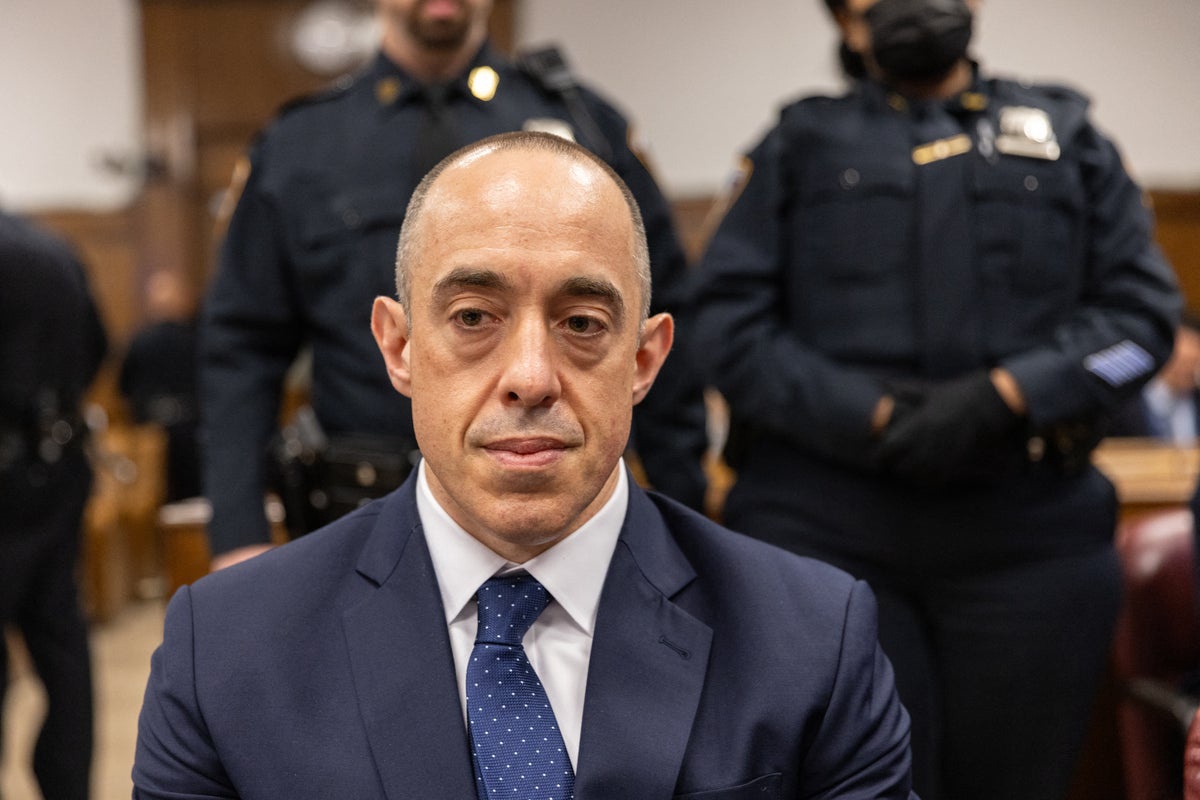
Civil rights prosecutors resisted directives they viewed as unconstitutional, leaving the probe in limbo after judicial and procedural setbacks.
